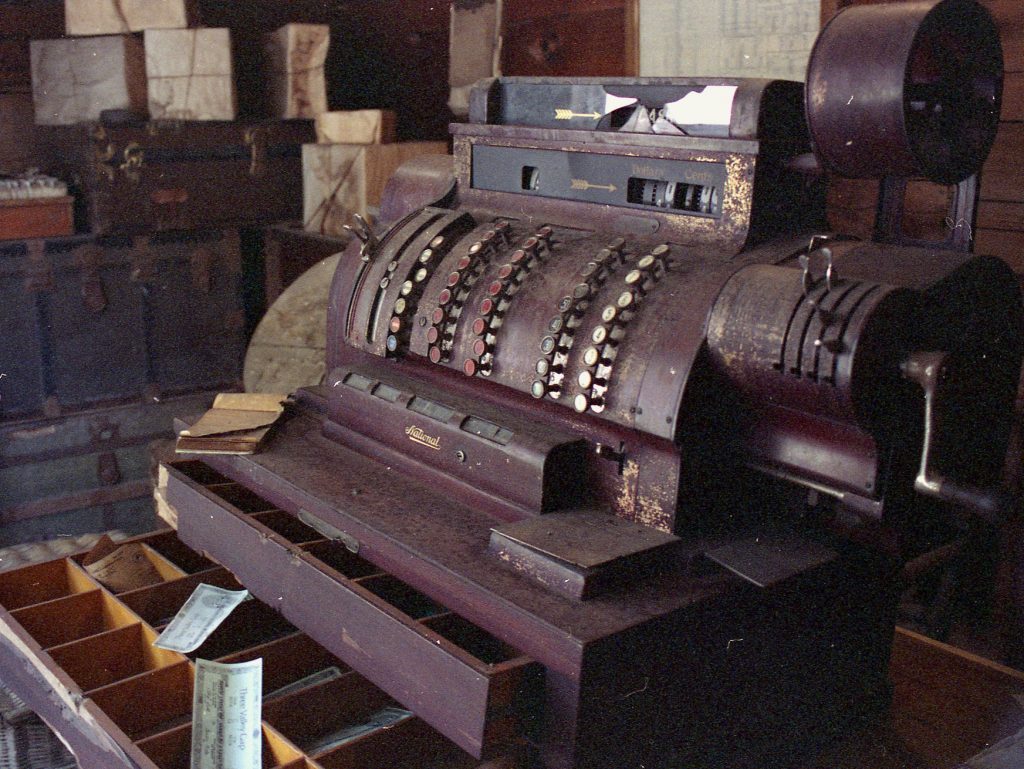In the most recent coronavirus relief bill, the government committed to sending $1,200 to each adult and $500 to each child, subject to a phase out for those with higher incomes. Yesterday we learned what this would actually look like in practice. Around 60 million Americans will receive their money fairly quickly through direct deposit. But everyone else will receive a paper check that will take anywhere from 3 to 20 weeks to arrive, depending on where your tax unit happens to be in the queue. Individuals who do not file tax returns, which tend to be poor people, will receive no payment unless they become tax filers by submitting a 1040 form to the IRS.
This process is a mess, but there was a glimmer of hope contained in the recent information releases: Social Security recipients who do not file taxes will have their $1,200 automatically tacked on to their usual Social Security check with no additional administrative burden required. This development provides a useful insight into the question of how we can make emergency economic responses better in the future. Specifically, it suggests that we should be ensuring that the government is already making payments to people in normal times so that those payments can be easily scaled up or replaced in bad times.
Below are three specific ideas for implementing this general insight.
1. Universal Child Benefit
In our current welfare state, among other things, we make general payments to three categories of people: elderly people, disabled people, and the unemployed. These systems could be improved (for ideas, see my Cleaning Up the Welfare State paper), but they are all getting at the right idea, which is that nonworking individuals should receive a monthly check from the government.
But there is one large nonworking group that is conspicuously absent from all of this: children. In other countries, every child receives a monthly check from the government. I have previously proposed that our own government do the same thing here. This would be good in normal times, just as Social Security and Unemployment Insurance are. And it would have the added benefit of being easy to scale up in bad times. Rather than waiting 20 weeks to receive your $500 check for each child (if you receive one at all), the amount could instead be easily added to your monthly child benefit payment, just as we are doing for Social Security recipients.
There have been some recent pushes to eliminate the phase-in of the Child Tax Credit and to provide advanced monthly payments of the reformed tax credit for those who estimate that they will have a negative tax liability. There are things to like about this reform relative to the status quo, but because it continues to use the janky tax system to distribute the benefits, it would still have problems in an emergency setting. To make the program work ideally, in both normal and bad times, it should be implemented as a universal monthly check paid by the Social Security Administration.
2. Government Administration of Payroll
In our current system, employers pay their workers by establishing a certain gross payment amount, withholding various taxes from that amount, and then paying the remainder to their workers, generally via a bank deposit. At the end of each quarter, the taxes they withheld are then paid to the government. This process is a bit complicated and so many employers pay third-party payroll services firms to manage it on their behalf.
Recently, some reformers have begun arguing that the American system of tax preparation is unnecessary and wasteful. Rather than having every household pay a third-party tax preparer, these reformers say the government itself should prepare people’s taxes, which will save Americans a lot of time and money.
These reformers are right but they also do not go far enough. Just as third-party tax preparers are unnecessary, so too are third-party payroll services firms. Indeed, insofar as payroll services firms primarily exist to apply tax rules, they are really no different than tax preparers. Along with tax preparation, the government should also take over payroll administration.
The way this would work is that the government would set up a clearinghouse and require employers to pay their employees through that clearinghouse. Employers would no longer have to handle complicated tax-withholding rules or hire an outside firm to do so for them. Instead, they would pay each worker’s entire paycheck to the government clearinghouse. The government would then take out the taxes and pay the remainder to the worker’s linked bank account.
This would be helpful in normal times because it removes a significant burden off of employers and makes it much easier for (especially unsophisticated) proprietors to hire employees. In emergency times, the real-time payroll information collected by the clearinghouses would make it much easier for the government to step in and cover business payrolls.
Currently, we are trying to cover small and medium sized business payrolls through forgivable loans issued by the Small Business Administration. We will see how that goes, but so far it is shaping up to be an administrative mess just like the universal cash payments being handled by the IRS.
3. Small Basic Income
Lastly, the government should consider paying a small monthly basic income with the primary purpose being to ensure that the government has an updated register of how to get money to every American. The benefit could be as modest as $50 per month per adult. In emergency periods, these small payments could be ramped up immediately just as the Social Security payments are being ramped up.

